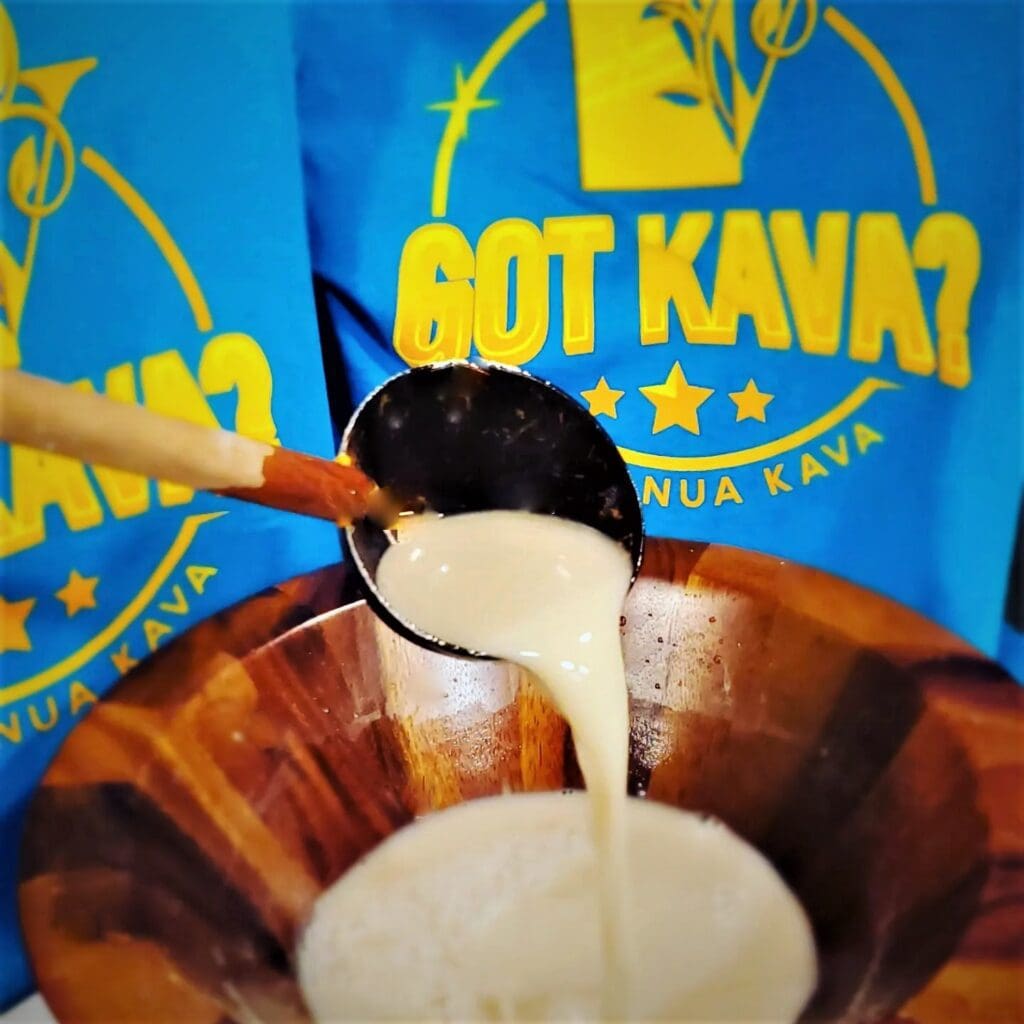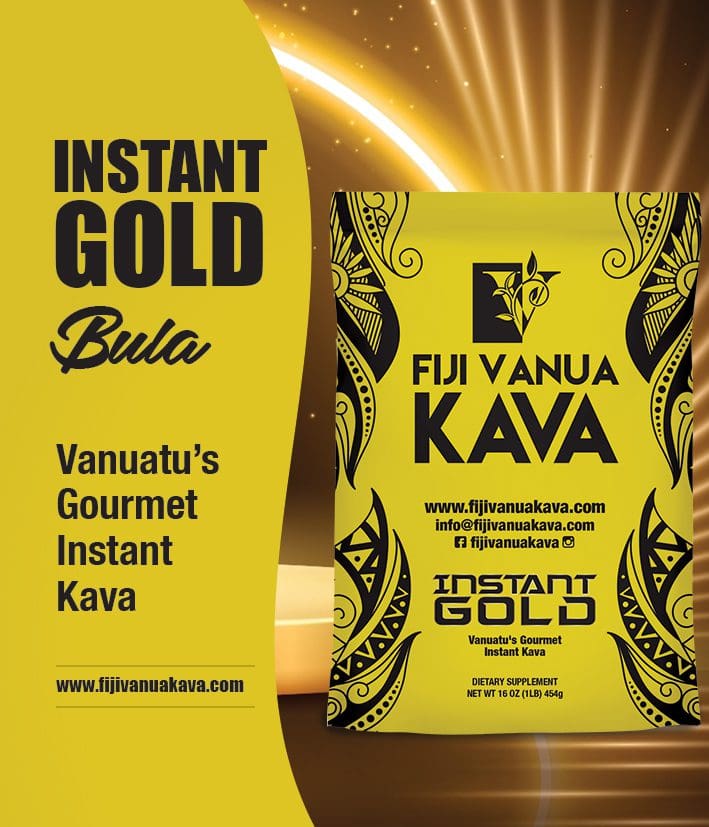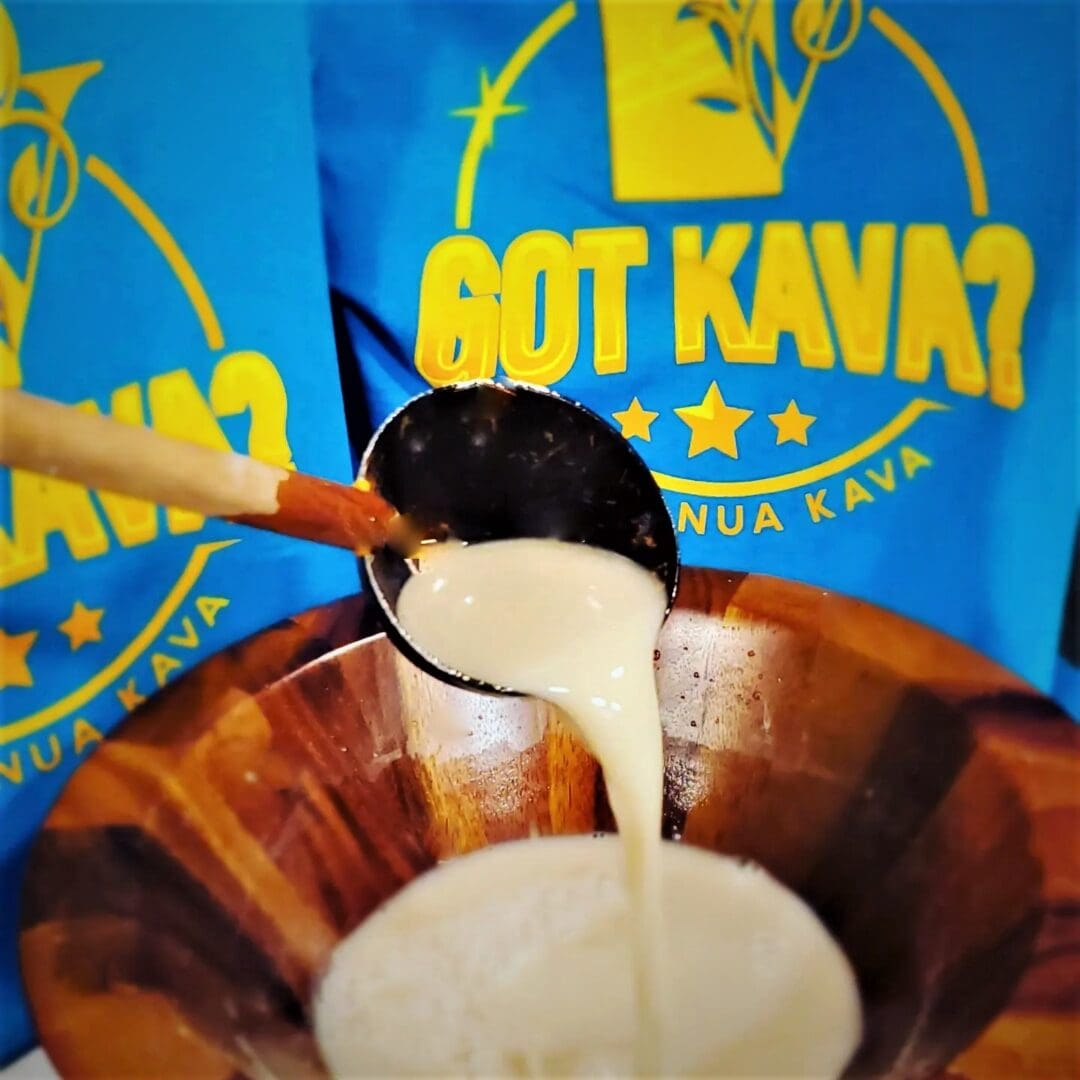Kava vs Alcohol
Are you tired of the rollercoaster ride that alcohol takes you on? You’re not alone. Many are seeking calmer, more controlled ways to unwind. The allure of relaxation and social connection is a universal human desire. For centuries, cultures across the Pacific Islands have turned to kava, a traditional beverage made from the root of the Piper methysticum plant, to achieve these effects. But Is kava a good substitute for alcohol? Let’s explore this potential relaxation champion and compare it to alcohol.

Kava as a Substitute for Alcohol: A Closer Look
Both kava and alcohol offer relaxation and social lubrication, but the benefits of kava seem to easily outweigh the drawbacks compared to alcohol. Here’s why:
- Reduced Risk of Addiction: Unlike alcohol, kava doesn’t trigger the same dependence mechanisms, making it a safer choice for those prone to addictive behaviors.
- Clear-Headed Relaxation: Kava allows you to unwind without the mind-altering effects of alcohol. You can still have meaningful conversations and participate in activities without impairment.
- Improved Sleep: Kava can promote restful sleep, while alcohol disrupts sleep patterns.
- Milder Side Effects: Kava is less likely to cause hangovers and other unpleasant side effects commonly associated with alcohol.
- Pain Relief: Kava may have potential pain-relieving properties.
- Liver Damage Concern: There have been some concerns about kava and liver damage, but our recent research suggests these concerns are overstated. It’s essential to choose high-quality kava products and consume them responsibly.
Is Kava a Safe Replacement for Alcohol? Compare and Contrast
The safety of kava is the reason it’s gaining popularity as a healthier alternative to alcohol. Here’s a breakdown of how kava and alcohol compare:
Effects
Kava:
- Promotes relaxation: Kava is known for its calming effects, helping to reduce stress and tension.
- Reduces anxiety: Many people use kava to manage anxiety symptoms, as it can produce a sense of tranquility.
- Improves sleep: Kava is often used as a sleep aid due to its relaxation properties.
- Enhances sociability with a clear mind: Some individuals report that kava can increase social ease and confidence without impairing cognitive function.
Alcohol:
- Creates intoxication: Alcohol is a central nervous system depressant, leading to feelings of euphoria and impaired judgment.
- Impairs judgment and coordination: Alcohol consumption significantly affects decision-making abilities and motor skills.
- Can lead to aggression: Alcohol is often associated with increased aggression and violence.
- Disrupts sleep: While alcohol might initially induce sleep, it can lead to disrupted sleep patterns and reduced sleep quality.
Addiction
Kava:
- Not considered physically addictive: Unlike alcohol, kava does not produce physical dependence. This means individuals typically do not experience withdrawal symptoms when they stop using kava.
- No evidence of compulsive use: While some people may enjoy the effects of kava and choose to use it regularly, there is no evidence suggesting that kava leads to compulsive or uncontrollable use.
Alcohol:
- Highly addictive: Alcohol is a substance that can lead to strong cravings and compulsive use, making it difficult for individuals to control their consumption.
- Potential for physical and psychological dependence: Continued alcohol use can result in both physical reliance, where the body becomes accustomed to the substance and experiences withdrawal symptoms when it’s absent, and psychological dependence, characterized by strong cravings and emotional reliance on alcohol.
Hangovers
- Kava: Does not cause hangovers.
- Alcohol: Often leads to headaches, nausea, and fatigue. These symptoms can significantly impair a person’s ability to function and can last for several hours or even days.
Long-Term Health
Kava:
The frequency of liver damage related to kava use is a myth and safety is proved.
Alcohol:
- Liver damage: Alcohol is a primary cause of liver diseases such as cirrhosis.
- Heart disease: Excessive alcohol intake can increase the risk of heart-related problems.
- Cancer: Alcohol consumption is linked to an increased risk of several types of cancer, including liver, breast, and mouth cancer.
- Mental health problems: Heavy drinking can contribute to or worsen mental health issues like depression and anxiety.
Social Impact
Kava:
- Relaxed environment: kava promotes a calm and peaceful atmosphere.
- Promotes a positive social experience: It is often used in social settings to foster a friendly and enjoyable environment.
Alcohol:
- Risky decision-making: Under the influence of alcohol, individuals are more likely to engage in dangerous or impulsive behaviors.
Is Kava Actually Better Than Alcohol?
Kava: Primarily composed of kavalactones, a group of compounds found in the root of the Piper methysticum plant. These compounds are responsible for the majority of kava’s effects.
Kavalactones interact with the brain’s GABA receptors, which help regulate anxiety and relaxation. This interaction produces feelings of calmness, relaxation, and reduced stress.
It’s important to note that not all kavalactones are created equal for the effects desired. Some have stronger effects than others, and the balance of kavalactones in a kava product can influence its overall impact.
Kava can be described as providing a sense of calm and well-being without the impairing effects associated with alcohol. It’s generally considered less likely to lead to addiction or dependence.
Alcohol: Primarily composed of ethanol, produced through the fermentation of grains, fruits, or other substances.
Ethanol acts as a central nervous system depressant, affecting various brain functions. It can lead to impaired judgment, coordination difficulties, and slowed reaction times. Long-term consumption can also lead to various health problems.
Kava vs. Alcohol: A Liver-Friendly Alternative?
While alcohol is well-known for its harmful effects and damage to the liver, kava, a plant-based substance often compared to alcohol for its social and mood-altering properties, appears to be gentler on the liver. Research on pure kava has shown no detrimental impact on liver function.

It’s important to note that while kava seems promising, consulting with a healthcare professional before starting kava is advisable. This is especially crucial if you’re taking other medications or have underlying health conditions.
Important Considerations Before Trying Kava
Although kava offers potential benefits as an alternative to alcohol, it’s crucial to be informed:
- Consult your doctor: Kava can interact with medications. Discuss it with your doctor before trying it, especially if you have any pre-existing health conditions.
- Start Low, Go Slow: Begin with a small dose and gradually increase if needed.
- Source Matters: Choose high-quality kava from reputable vendors like Fiji Vanua kava.
Explore High-Quality Fiji Vanua Kava Products
Unwind and de-stress with our premium kava products, including;
- Instant gold: Instant Gold is a variety of instant kava that has a creamy taste, with heady and balanced effects.
- Talanoa Mada: Talanoa Mada is an “extraordinarily” heady social thinking kava. This kava may not be the best suited for sleep, but it is suggested to be used in social situations.
- Kava Vanuatu: It is a heavy kava that has a kavain kick with a quite prominent anti-depressant quality.
- Birkar: Birkar is a rare single cultivar variety of kava grown only in Vanuatu, on the island of Espiritu Santo. It is known for its slightly peppery and creamy taste, with euphoric and relaxing effects.
Kava offers a unique and potentially healthier alternative to alcohol. By understanding its benefits and limitations, you can make an informed decision about incorporating kava into your relaxation routine.

